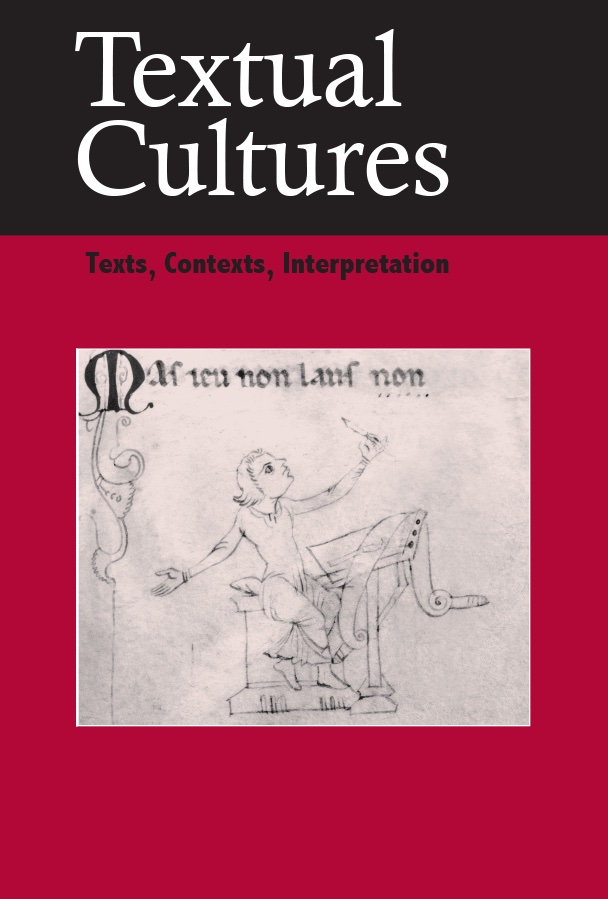Pourquoi le changement codique a une force créatrice L’exemple des plans littéraires bilingues d’Alexandre Pouchkine
Main Article Content
Abstract
This essay proposes an example of literary code-switching from the modern period. The plans for three unfinished texts of Alexander Pushkin, “The Guests Were Arriving at the Dacha” (1828), “The Russian Pelham” (1834–1835), and “In the Waters of the Caucasus” (1831), abound with alternations between Russian and French, with some use of English and other languages. The current scholarly consensus is that Pushkin used the French language for planning, relying on its analytical features, and the Russian language, expressive but in need for renewal, as a language of textualization. The three fragments may represent a rare opportunity to see Pushkin’s bilingual creativity in action. I use Youri Lotman’s vision of code-switching as “auto-communication” on different channels (linguistic or not) to show how the ideas bouncing off the linguistic units belonging to different languages, but also sparking thanks to the mnemonic function of drawings, establish a current, a productive creative tension.
Downloads
Article Details
Authors who publish with this journal agree to the following terms:
- Authors retain copyright and grant the journal right of first publication with the work simultaneously licensed under a Creative Commons Attribution License (see:http://creativecommons.org/licenses/by/3.0/us/) that allows others to share the work with an acknowledgment of the work's authorship and initial publication in this journal.
- Authors warrant that their submission is their own original work, and that they have the right to grant the rights contained in this license. Authors also warrant that their submission does not, to the best of your knowledge, infringe upon anyone's copyright. If the submission contains material for which an author does not hold the copyright, authors warrant that they have obtained the unrestricted permission of the copyright owner to grant Indiana University the rights required by this license, and that such third-party owned material is clearly identified and acknowledged within the text or content of their submission.
- Authors are able to enter into separate, additional contractual arrangements for the non-exclusive distribution of the journal's published version of the work (e.g., post it to an institutional repository or publish it in a book), with an acknowledgment of its initial publication in this journal.
